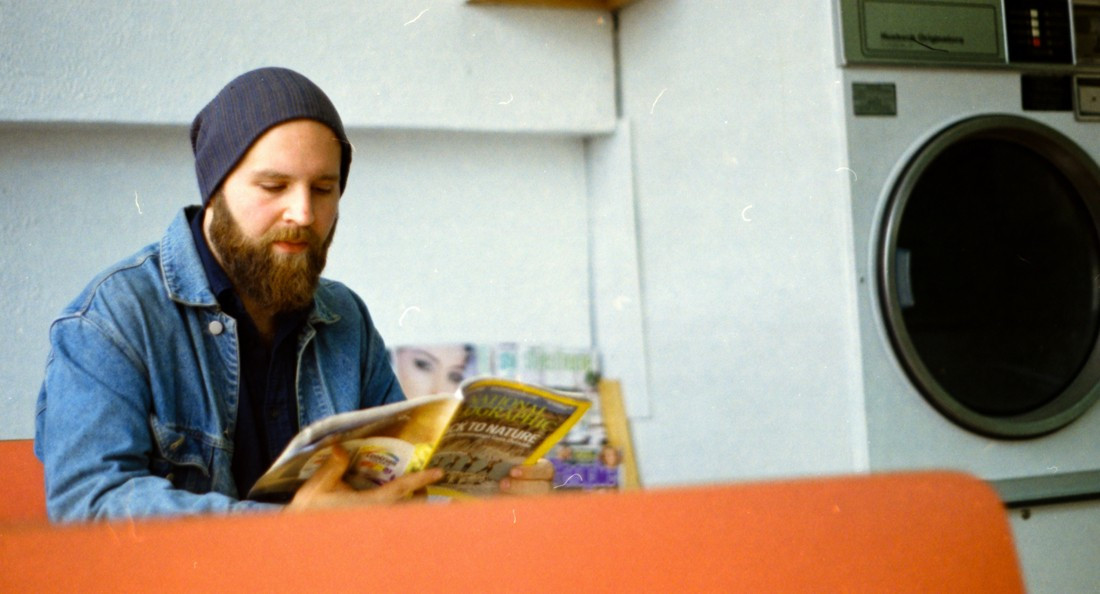Here comes a regular
Familiar faces share their favourite places
Sometimes community is built through a combination of habit, routine and convenience. Returning to the same place over and over again, and seeing the same familiar faces, can help people develop a sense of belonging.
This sense of place is at the centre of sociologist Ray Oldenburg’s concept of a “third place.” This is different from home (a first place) or work (a second place). Third places can include coffee shops, corner stores, laundromats, bookstores or really any place that people gather informally.
Though there are many options for third places, some Winnipeggers pick favourites and earn the status of a regular in little spots across the city. The third place compliments their life, fills a gap or meets a need.
Kenneth Castillo attributes his repeated visits to the Neighbourhood Bookstore and Cafe to “mental health reasons.”
“I don’t know if you’ve ever had the feeling that you’re at home and you kind of feel like you’ve been at home for too long, even if you’re just relaxing or something. It starts to feel like a box or a prison,” Castillo says.
Others, like Stephen Muirhead (who regularly visits barber Avi Waldman), look to the third place for the chance of meeting up with others.
“It’s more social than anything else. There’s usually other people in the space as well that are waiting to get their hair cut. I love the communal atmosphere that it brings about,” Muirhead says.
Third places, and the people who inhabit them from time to time, help build community and sustain democracy, Oldenburg says.
“(T)hese spaces promote social equity by leveling the status of guests, providing a setting for grassroots politics, creating habits of public association, and offering psychological support to individuals and communities,” Project for Public Spaces says on their website.
In turn, regular Winnipeggers’ patronage becomes part of the culture of the place and part of the community built around it.
Some third places make a point of creating a welcoming atmosphere to encourage regulars.
“Fostering connections with people, creating an inviting space for people to come and relax is important,” Josh Davison, barista at Fools + Horses, says. “We try really hard to create a welcoming environment, and that looks like not being pretentious-barista-types and catering to everyone's specific needs or dietary restrictions and doing so happily.”
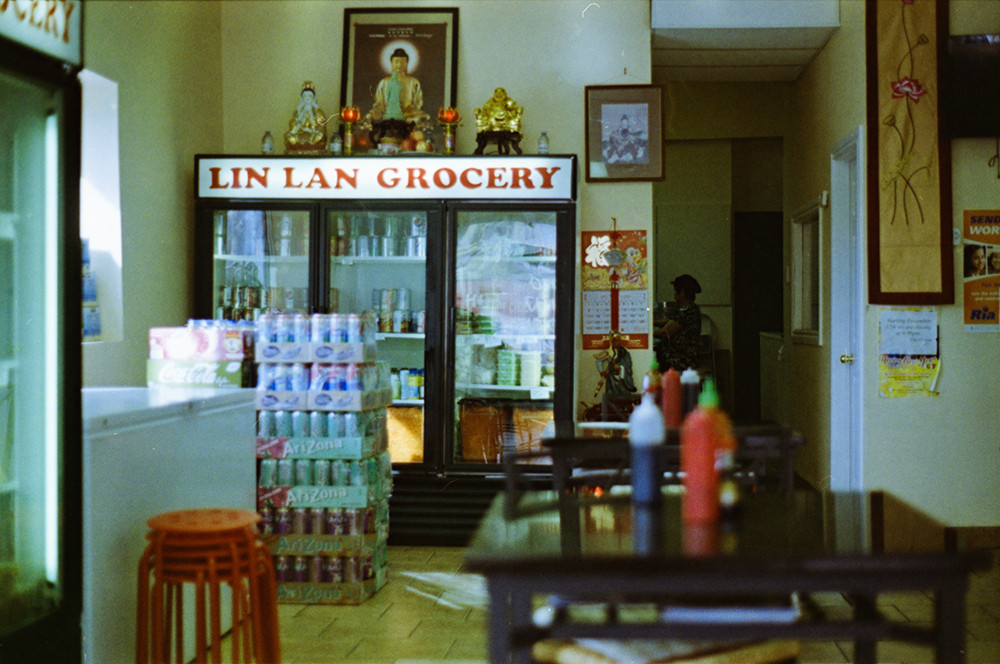
For Balkaran, Lin Lan’s a third place that offers reprieve from work and creative life. “I recently turned my home into a studio to make music out of, and I have a full-time job. Both can be kind of overwhelming at times,” he says. “When I'm making music all day and dealing with frustrations related to that, or when my room is getting messy, and I feel overwhelmed, I come here to get a little peace away from my messy place.”
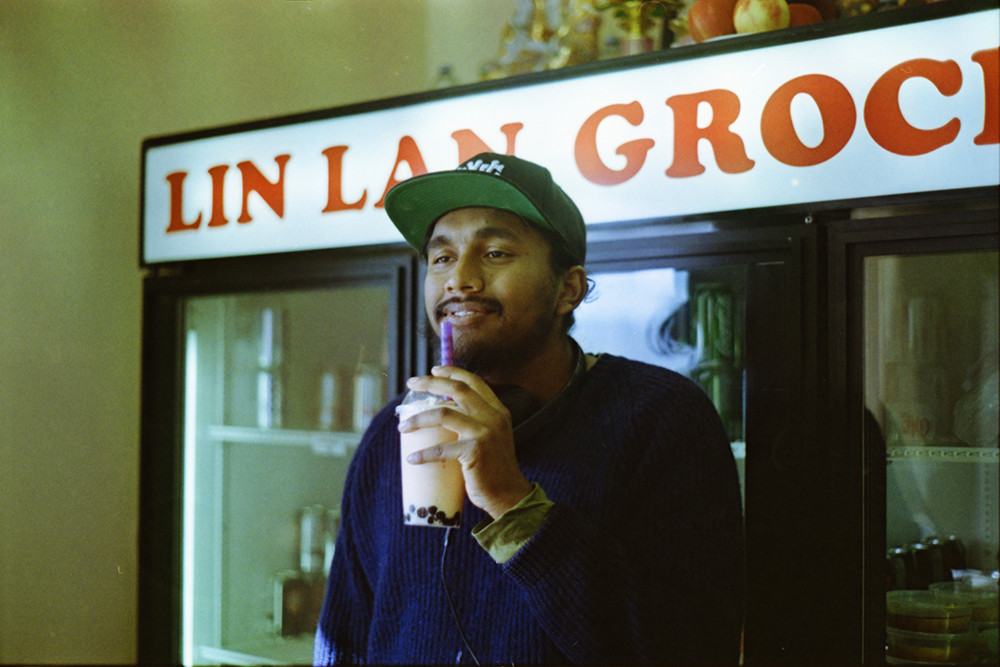
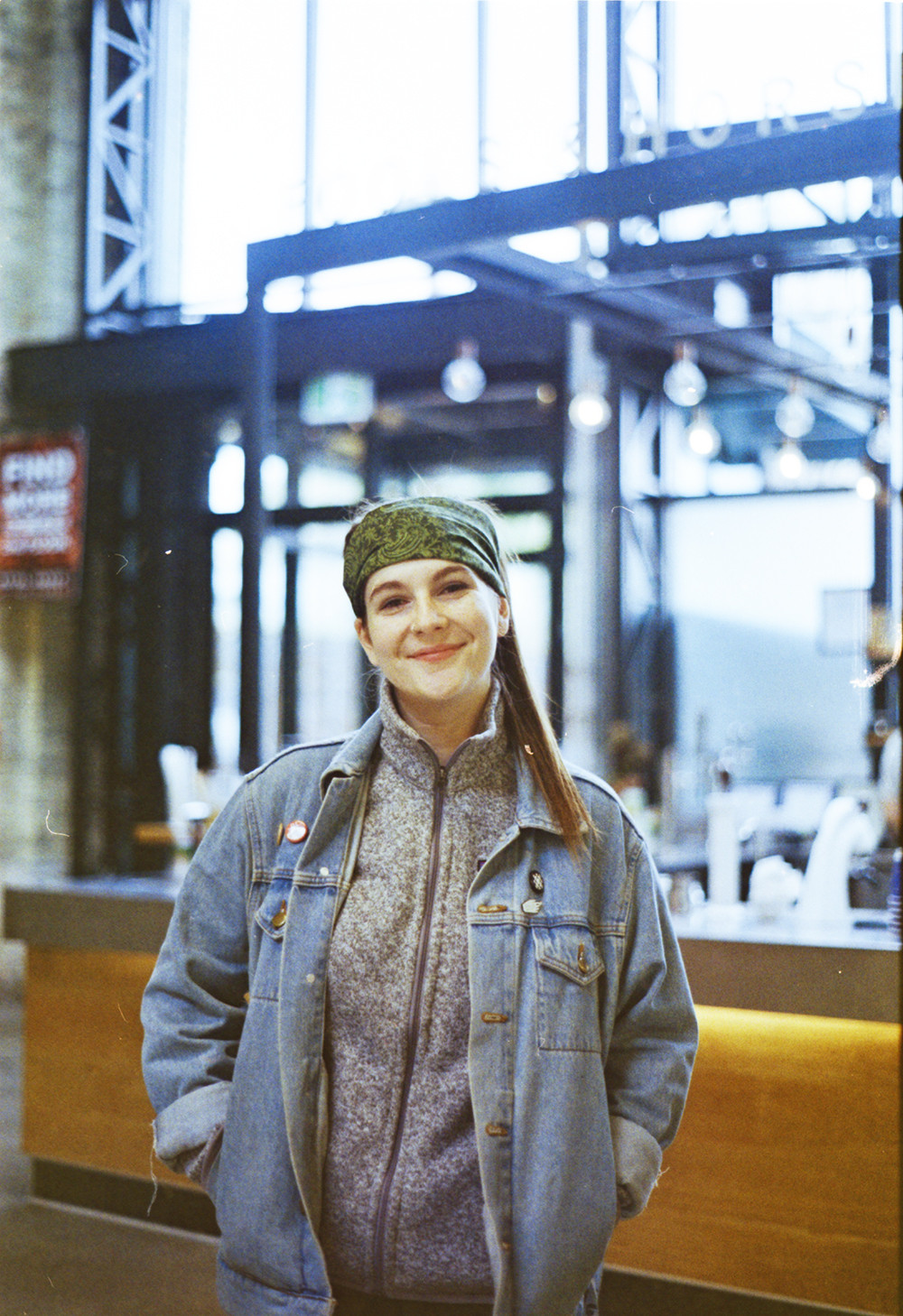
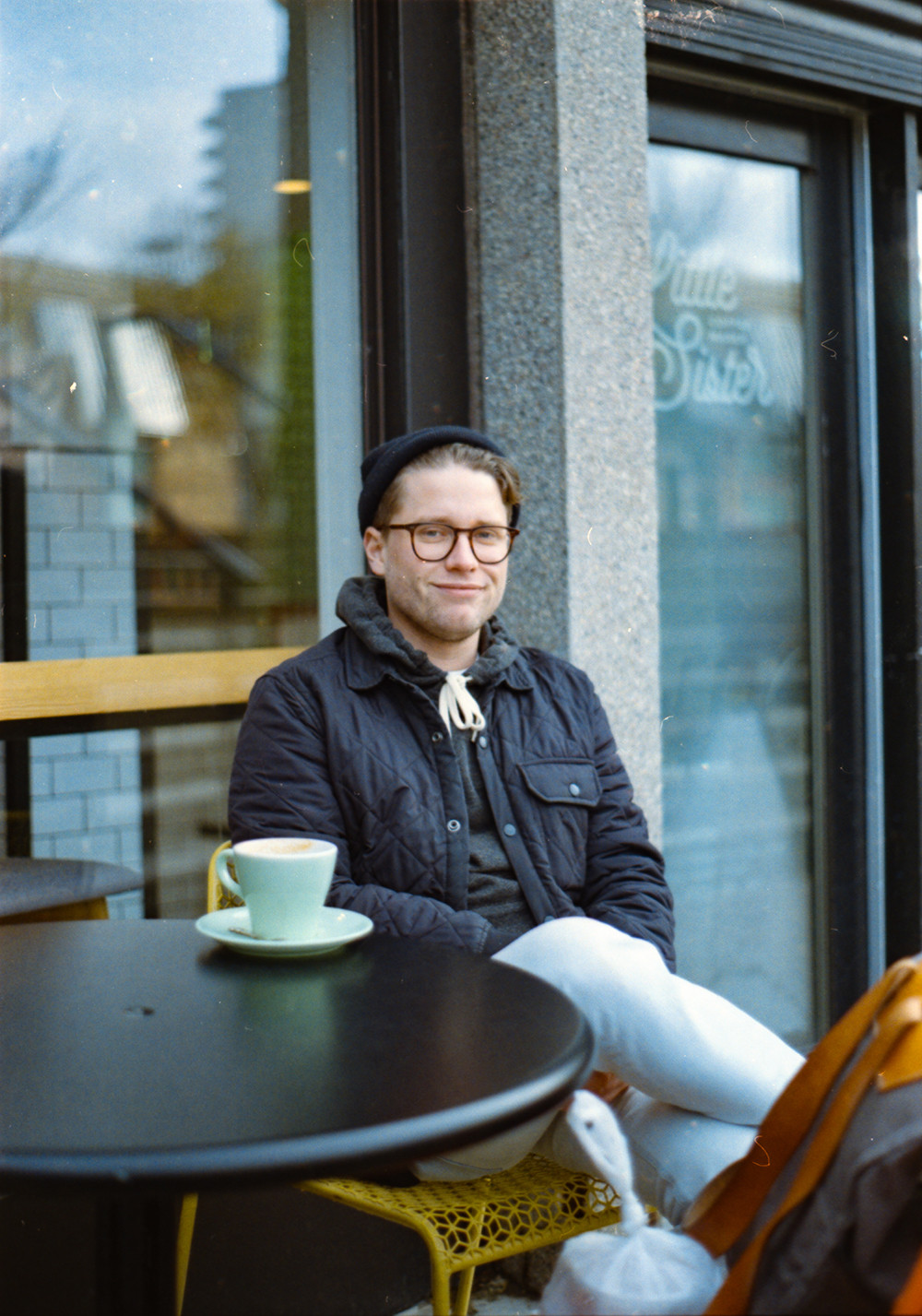
Muirhead also fondly recalls spending time at Little Sister Coffee Maker on River Avenue while writing his thesis. “I needed the din of background noise and that distraction to make myself focus on the work that’s at hand ... I needed that change of environment to separate home life from other aspects of my life.”
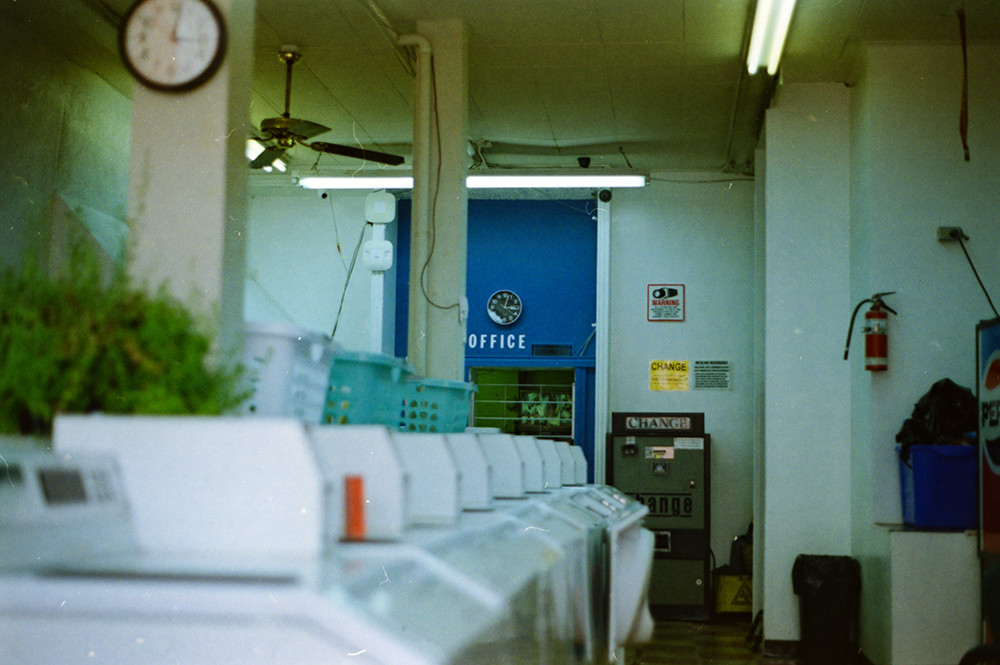
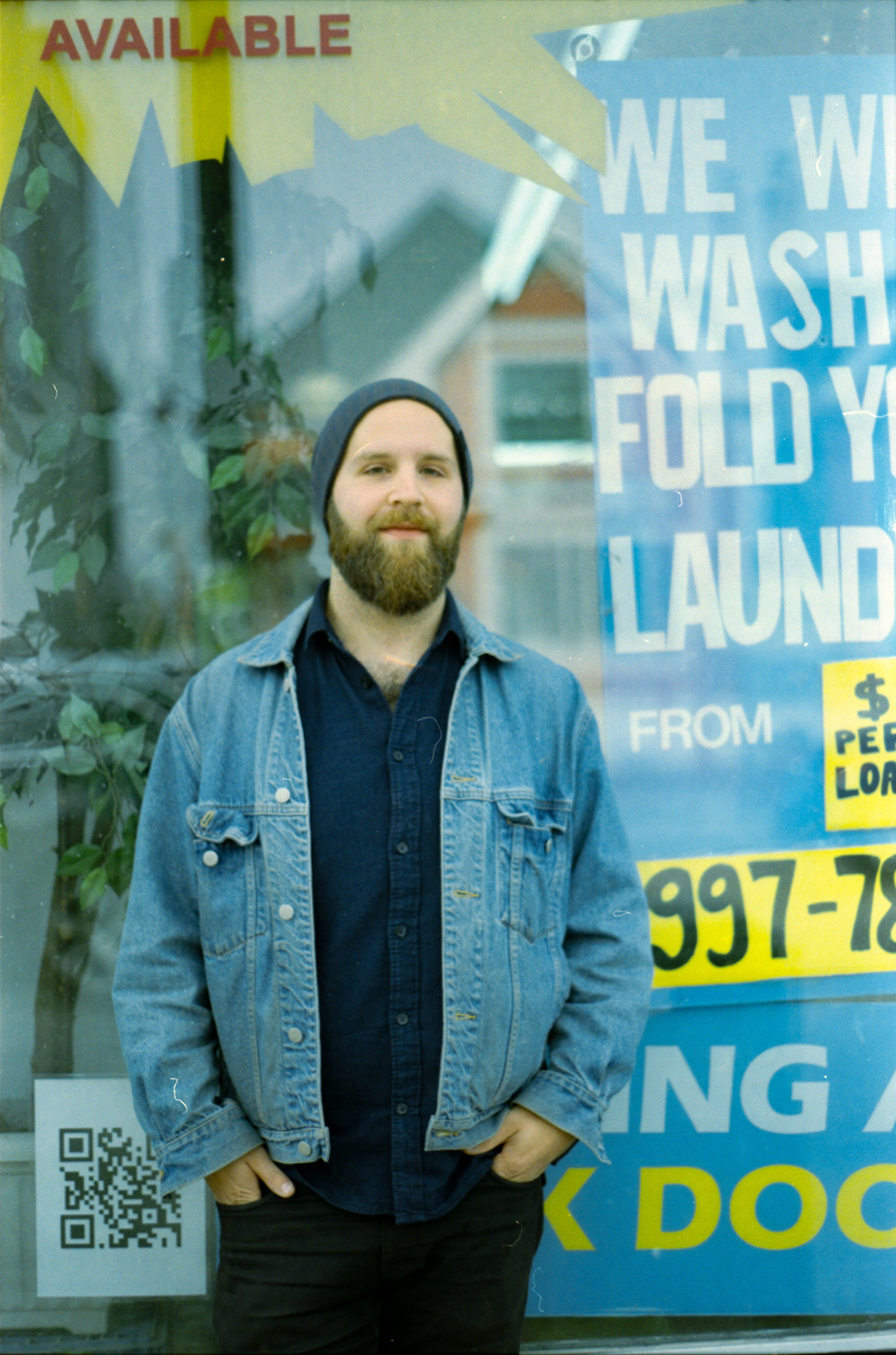
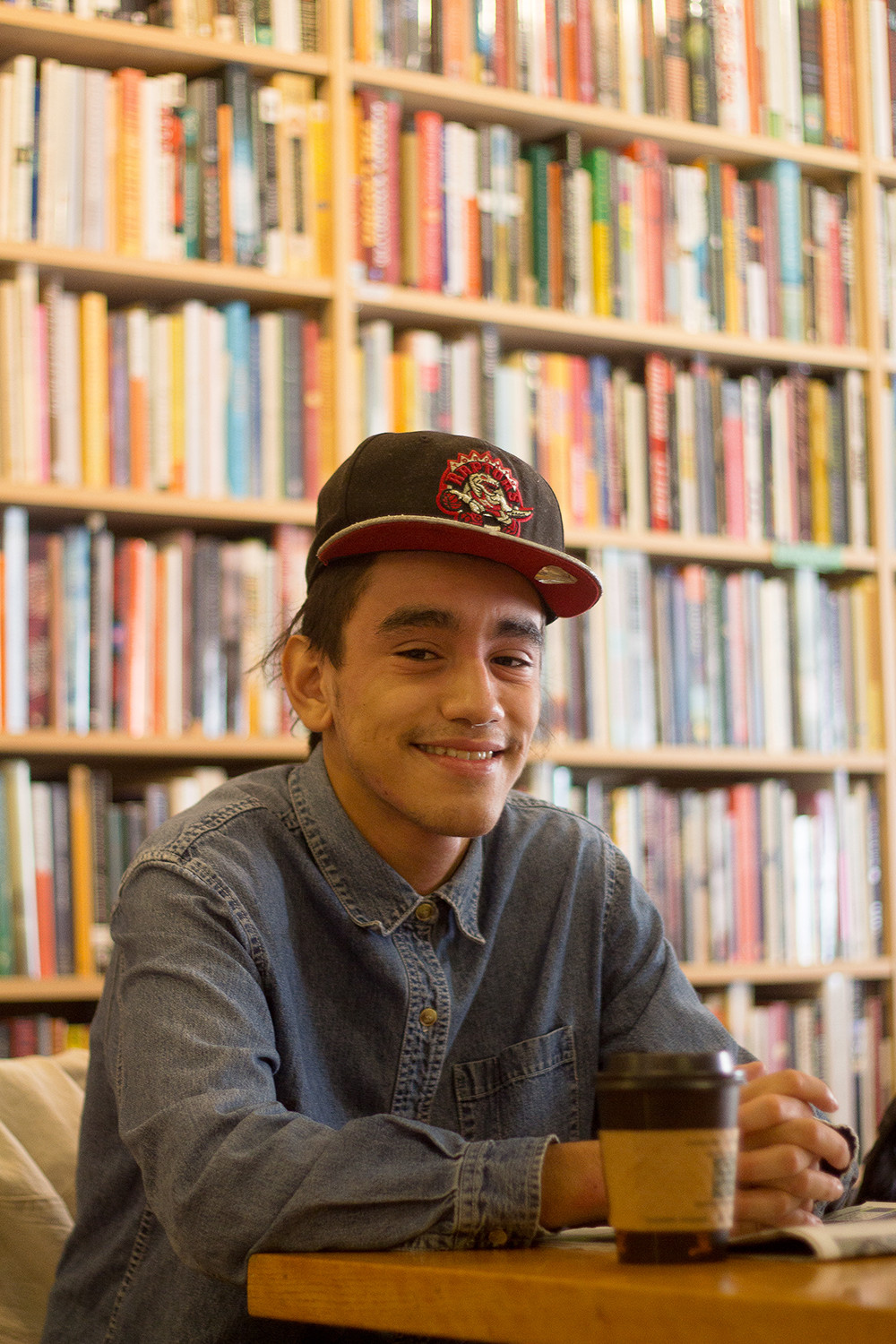
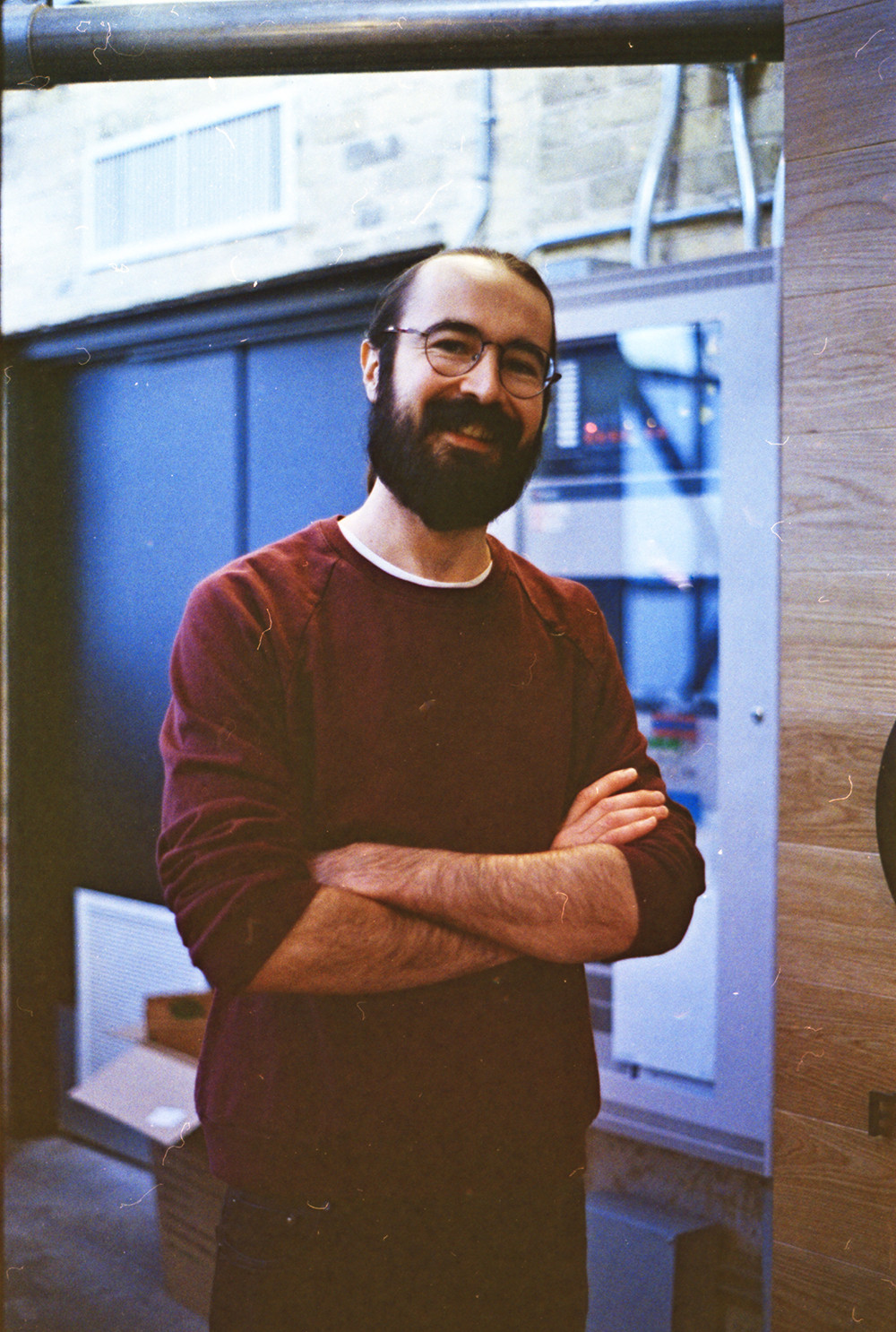
Published in Volume 72, Number 6 of The Uniter (October 19, 2017)

